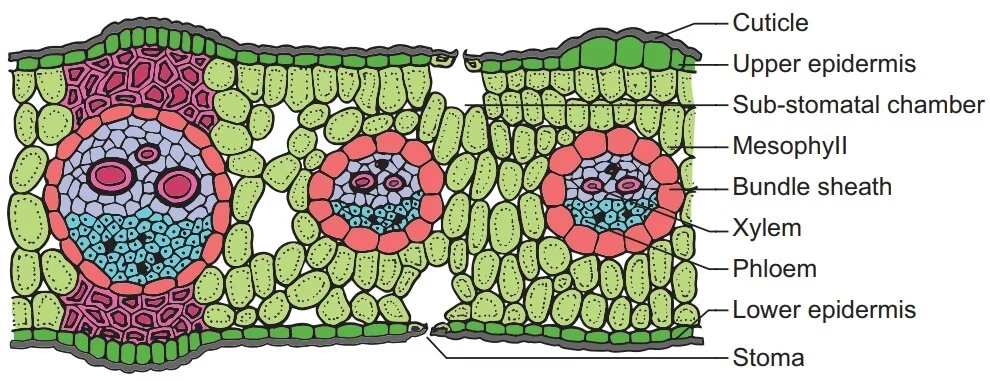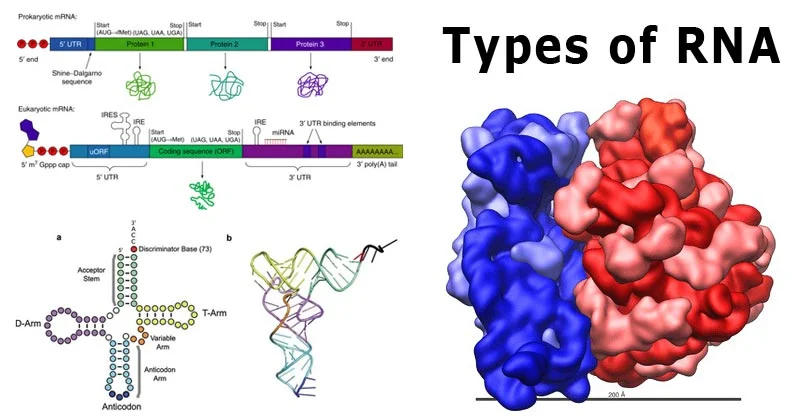Biology
Biology, a vast and dynamic discipline, intricately explores the living beings and the physicochemical aspects that govern life. Embracing natural science principles, biology utilizes structural and functional concepts to distinguish living entities from non-living ones. In contemporary times, cross-disciplinary integration has given rise to specialized fields like biochemistry, biophysics, and bioinformatics, blending chemistry, physics, computer science, and medicine into the fabric of biology.
Biology’s Branches and Divisions: Biology branches into botany (study of plants) and zoology (study of animals), morphology (structure), and physiology (function). Classification hierarchies like kingdoms, phyla, classes, orders, and genera facilitate the identification and study of various organisms. Traditionally centered on structure and function, biology has evolved into molecular biology, delving into fundamental life levels.
Foundations of Modern Biology: Modern biology rests on foundational principles such as cell theory, evolution, genetics, homeostasis, and chemical energy. The cell is recognized as the fundamental unit of life, common to all organisms. Concepts like evolution and genomics aid in understanding the origin, evolution, and relationships among living beings.
Contributions to Genetic Understanding: Genetics, a crucial component of biology, differentiates living beings based on genomic composition. Homeostasis emphasizes the maintenance of a constant internal environment. Biology’s connection with the environment extends to non-living elements like air, water, and soil, fostering a symbiotic relationship.
Developmental Biology: Sculpting Life’s Complexity
Developmental Biology’s Definition and Scope: Developmental biology, a branch of natural science, scrutinizes the intricate interactions shaping the diverse forms, structures, and sizes during the transition from embryo to adult. It navigates the processes controlled by genetic information, studying development, differentiation, and growth at cellular, molecular, genetic, and evolutionary levels.
Key Aspects of Developmental Biology: Developmental biology encompasses various forms of reproduction—sexual, asexual, metamorphosis, and germination. Fast-growing and interconnected with disciplines like molecular biology, anatomy, and ecology, developmental biology sheds light on mechanisms, growth factors, oncogenes, and gene expression control.
Applications and Interdisciplinary Impact: Research in developmental biology yields insights into molecular genetics, growth factors, oncogenes, differentiation mechanisms, gametogenesis, and gene expression control. Tissue engineering, fertility clinics, and cancer research benefit from developmental biology’s applications, enabling advancements in various scientific realms.
Cancer Biology: Decoding the Complex Web of Cells Gone Astray
Cancer Biology’s Core Focus: Cancer biology immerses itself in understanding the intricate expression of genes, proteins, and processes triggering cancer development and growth. Research delves into genomic conservation, studying how genetic composition safeguards against errors during genome processes.
Impact on Cancer Research and Treatment: Cancer biology explores protein function, signaling pathway restructuring, and systemic changes in cancer cells. Understanding cancer hallmarks, such as self-sufficiency in growth signals and evasion of programmed cell death, aids in early diagnosis and targeted treatment.
Role in the Perioperative Period: In the perioperative period, cancer biology plays a crucial role, unraveling fundamental principles of tumor microenvironments and unveiling therapeutic opportunities.
Contributions to Early Diagnosis: Research in cancer biology not only identifies cancer symptoms and malignant tumor formation but also facilitates early diagnosis by differentiating normal and cancer cells.
Conclusion: In conclusion, biology, with its vast branches, serves as a foundational science exploring life’s intricacies. Developmental biology unravels the magic behind life’s formation, while cancer biology deciphers the complex web of cells gone astray. Together, they shape our understanding of life, its origins, and the challenges it may encounter.





